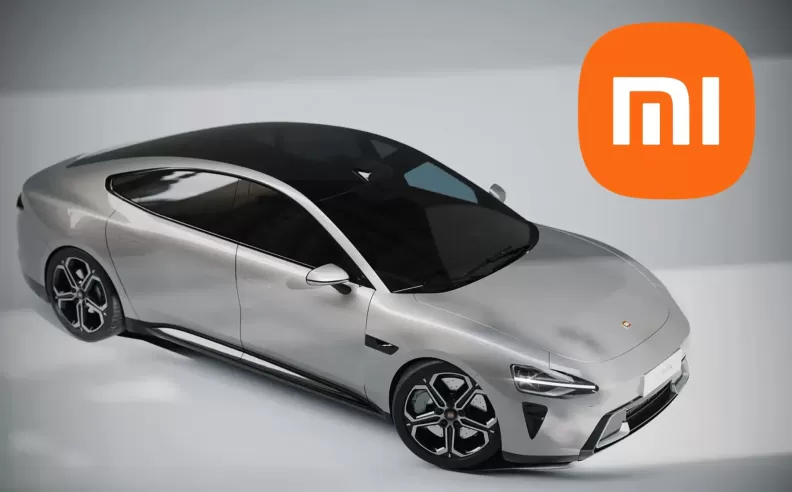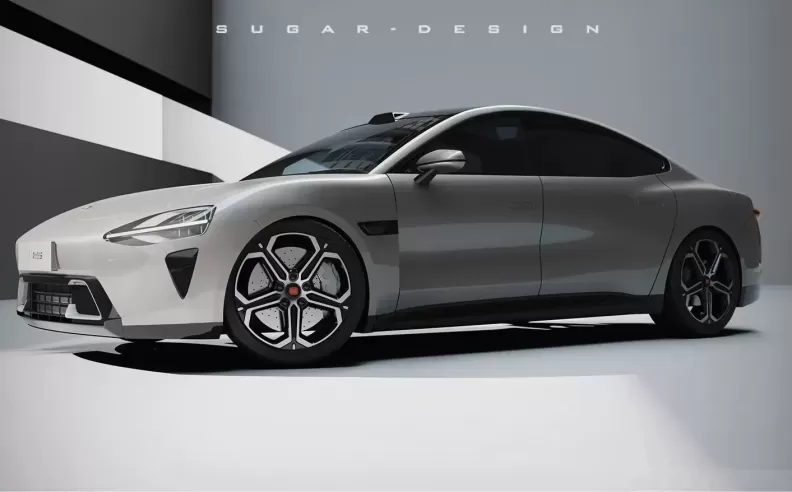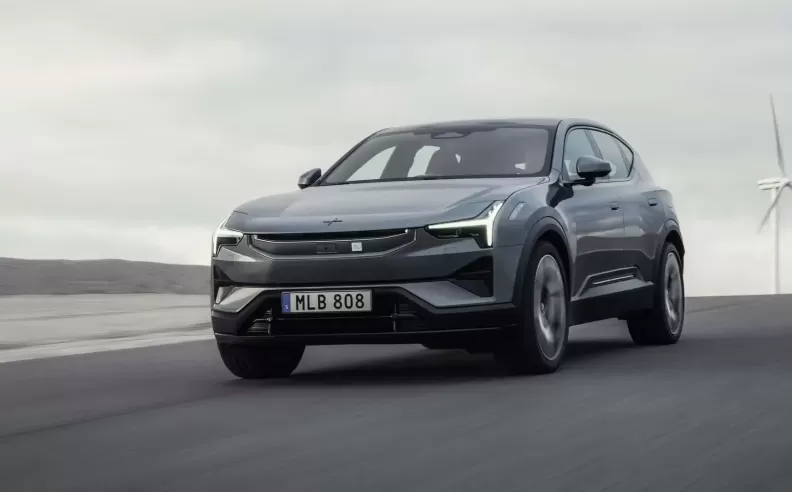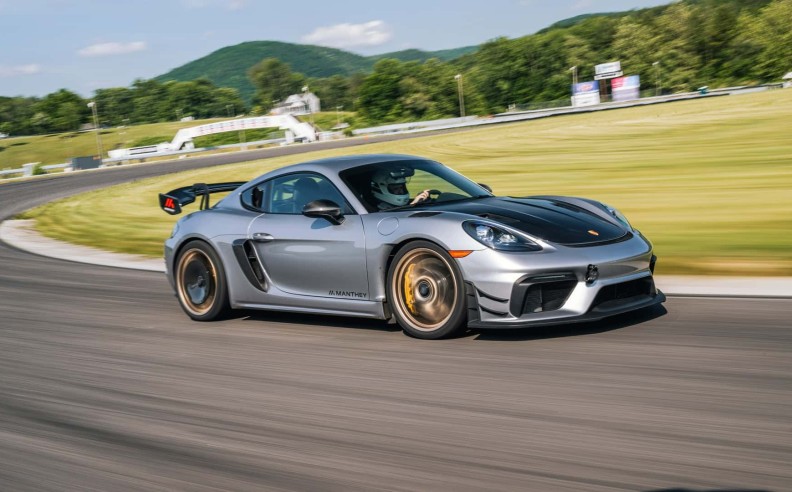
The clash between the city of Modena and Chinese tech giant Xiaomi over the naming of its new electric car model, the SU7 "Modena," has ignited a broader debate encompassing politics, trade, and the protection of cultural heritage.
Modena, renowned globally as the epicenter of the prestigious Italian automotive industry, was taken aback when Xiaomi unveiled its latest four-seater coupé bearing the name "Modena." Mayor Gian Carlo Muzzarelli publicly expressed his dismay during the Motor Valley Fest, labeling Xiaomi's decision as an insult and appropriation of a name synonymous with the proud tradition of Italian automotive craftsmanship.

This sentiment reverberated beyond local concerns as Minister Adolfo Urso, responsible for Business and Made in Italy affairs, swiftly lent his support to Mayor Muzzarelli. Urso emphasized the importance of safeguarding Italian brands and geographical indications, especially against foreign entities using them without proper authorization or connection to the country's heritage.
The dispute underscores broader issues surrounding intellectual property and the protection of regional identities. Minister Urso highlighted the significance of the "Made in Italy" label, stressing that it represents not just a product's origin but a legacy of quality, artistry, and tradition.
Moreover, this conflict has spurred discussions on the role of international regulations in protecting regional products and cultural identities. The European Union's new regulations on geographical indications aim to fortify protections for products tied to specific regions, such as those from Italy's famed Motor Valley. Minister Urso's ministry has initiated a comprehensive survey to identify and secure recognition for Italian locales deserving of such protection.
While acknowledging the importance of foreign investment, particularly from prominent automotive players like Xiaomi venturing into electric vehicles, Urso's stance sends a clear message: the integrity of Italy's industrial heritage is non-negotiable. It's a balancing act between attracting international partnerships and upholding the integrity of Italian craftsmanship.
The controversy has also raised concerns about the broader automotive landscape in Italy. Consumer advocacy group Codacons has lodged a complaint alleging widespread misuse of historic car certifications, potentially costing the government revenue and impacting environmental and safety standards.
In essence, the clash between Modena and Xiaomi encapsulates larger themes of globalization versus tradition, intellectual property rights, and the economic stakes surrounding Italy's revered automotive legacy. As this saga unfolds, it serves as a poignant reminder of the value placed on heritage and authenticity in an increasingly interconnected world.

Wael is an automotive content writer specializes in creating written content for Motor 283. Producing a wide range of content, including blog posts, articles, product descriptions, reviews, and technical guides related to cars, trucks, motorcycles, and other vehicles, with an unprecedented passion for cars, and motorcycles.

